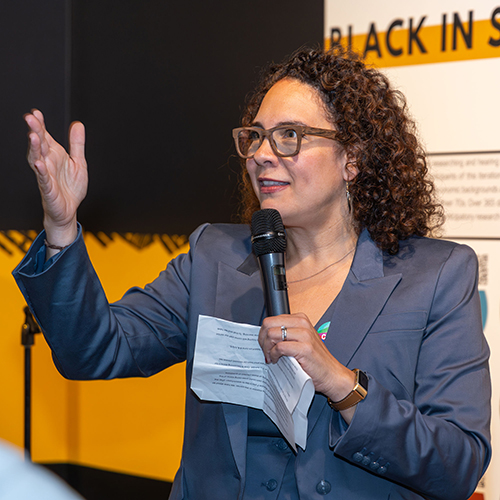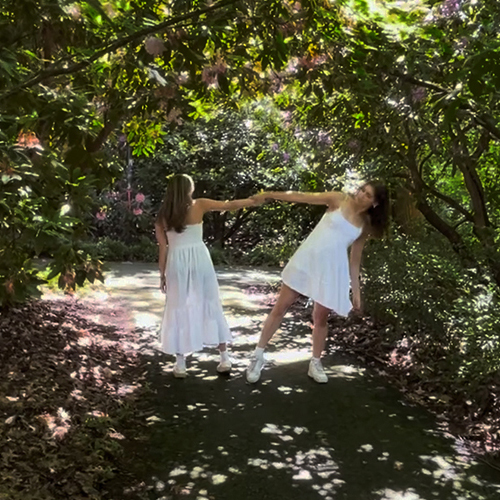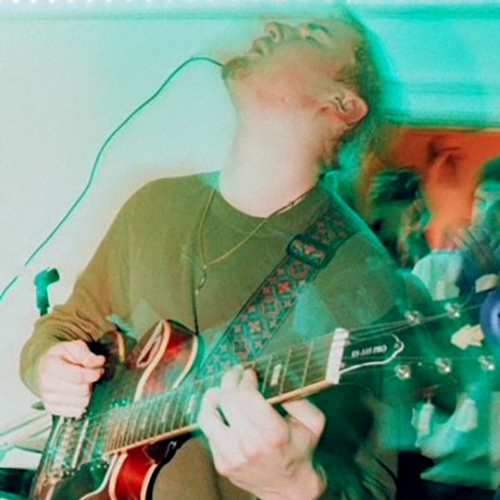On a crisp morning in March, three Burke Museum staff members arrived at Lincoln Elementary School in Ellensburg armed with the tools of their trade. Fossils. Native American artifacts. Bird feathers. Insect collections. By the time they left five hours later, they’d provided more than 200 students a glimpse of what the museum has to offer.
That’s the idea behind Burkemobile, an outreach program developed by the Burke Museum this year to deliver high-quality museum experiences to classrooms around the state. With state funding for its pilot year, Burkemobile visited seven Washington schools in locations from Forks to Yakima. The museum plans to expand the program next year, with a goal of two dozen school visits.

The Burke has a long tradition of outreach to K-12 schools. More than 500 schools and over 25,000 students visit the museum each year, enjoying tours led by Burke education staff. And the Burke has created 65 boxed collections of materials for loan to teachers. Burkemobile bridges the gap between these options, offering a facilitated experience with the Burke’s collections minus the expense and logistics of transporting students to campus.
“This seemed like a logical next step for us,” says Tim Stetter, the Burke’s Environmental Education Program Manager and the coordinator of Burkemobile. “It’s a way to better serve K-12 audiences across the entire state.”
In planning Burkemobile, Stetter and other Burke education staff surveyed Washington teachers about which subject areas and instructional strategies best fit their classrooms. The teachers’ response: focus on hands-on materials specific to Washington state with an emphasis on fossils, Native cultures, and habitats and ecosystems.
Taking that information to heart, the Burke created three lessons for upper elementary and middle school classes. “Fossil Forensics” teaches the rich fossil history of Washington, including what fossils can teach us about past environments. “Living Traditions: Native Peoples of Washington” explores the cultures and environments across the state. “The What-If Ecosystem” teaches systems-thinking to students, while also revealing the diversity of habitats in Washington, from wetland to alpine. Each lesson features hands-on Burke specimens and artifacts, including treasures such as beaded moccasins, butterflies, and ice age fossils.
“We wanted to include things that students could handle with us watching,” says Diane Quinn, director of education at the Burke. “With Burke staff present, we can share more fragile objects than we would put in the boxes we loan to schools.”

Stetter, who has been on most of the school visits, always enjoys the moment when students first encounter the specimens. “That’s half the fun,” he says. “Kids open the boxes and ask, ‘Whoa, what is that?’ We try to get them to answer that question.”
Burkemobile cannot duplicate the museum experience, with new sights to explore around every corner, but staff are noticing some benefits to visiting children on their own turf. At the museum, some students become so excited by the new setting—and the novelty of a field trip—that they take a while to settle down and focus. Burkemobile visits remove that distraction, freeing students to engage with the materials.
The visits also help Burke staff customize their lesson plans.“You become a part of the culture of the school,” explains Stetter. “You see how the classroom is set up, what’s in the hallway. You see the sorts of projects they’re working on. That can inform how you teach.”
Having Burke staff teach the Burkemobile lessons is critical to this venture. “We don’t have to hire new people for this,” says Quinn. “Our staff are experienced educators.” Good thing, since their adaptability is tested each time they work with a new school. “You have to be very flexible and very agile,” explains Stetter. “No school culture is the same. We work with teachers to understand where their students are academically and how we can best fit into their school’s daily life. We ask a lot of questions before we get there.”
The planning has paid off. Response to the pilot program has been uniformly positive. “The kids loved it, learned from it, and it tied to our standards,” enthuses David Radabaugh, a fifth grade teacher at Gilbert Elementary School in Yakima. “Teachers are excited about it and talking about how we can get it for next year.” An Ellensburg fifth grader concurs. “It was so much fun,” she wrote in an illustrated thank you note to the Burkemobile team. “If I could do it again, I would do it in a heartbeat.”

She may have her chance next year. All of the schools involved in the pilot project have indicated an interest in repeating the experience, despite having to foot some or all of the cost for the Burkemobile visit the next time around.
Stetter is thrilled with the positive response—and the prospect of visiting many more schools next year. “This is a social, people-to-people experience,” he says. “It’s such a high to go in and share something really powerful with a new group of people. At the end of the day, you’re both tired and charged. You just worked with 100 different kids and it’s still a rush. And the best part? They feel like they have a connection with the Burke Museum now.”
More Stories

Interrupting Privilege Starts with Listening
Personal stories are integral to Interrupting Privilege, a UW program that leans into difficult intergenerational discussions about race and privilege.

Dancing Across Campus
For the dance course "Activating Space," students danced in public spaces across the University of Washington's Seattle campus this spring.

Celebrating Contemporary Indigenous Music
Markus Teuton, a musician and citizen of Cherokee Nation, explores contemporary Indigenous music through his academic work and as host of “Indigenous Jazz,” a radio show.